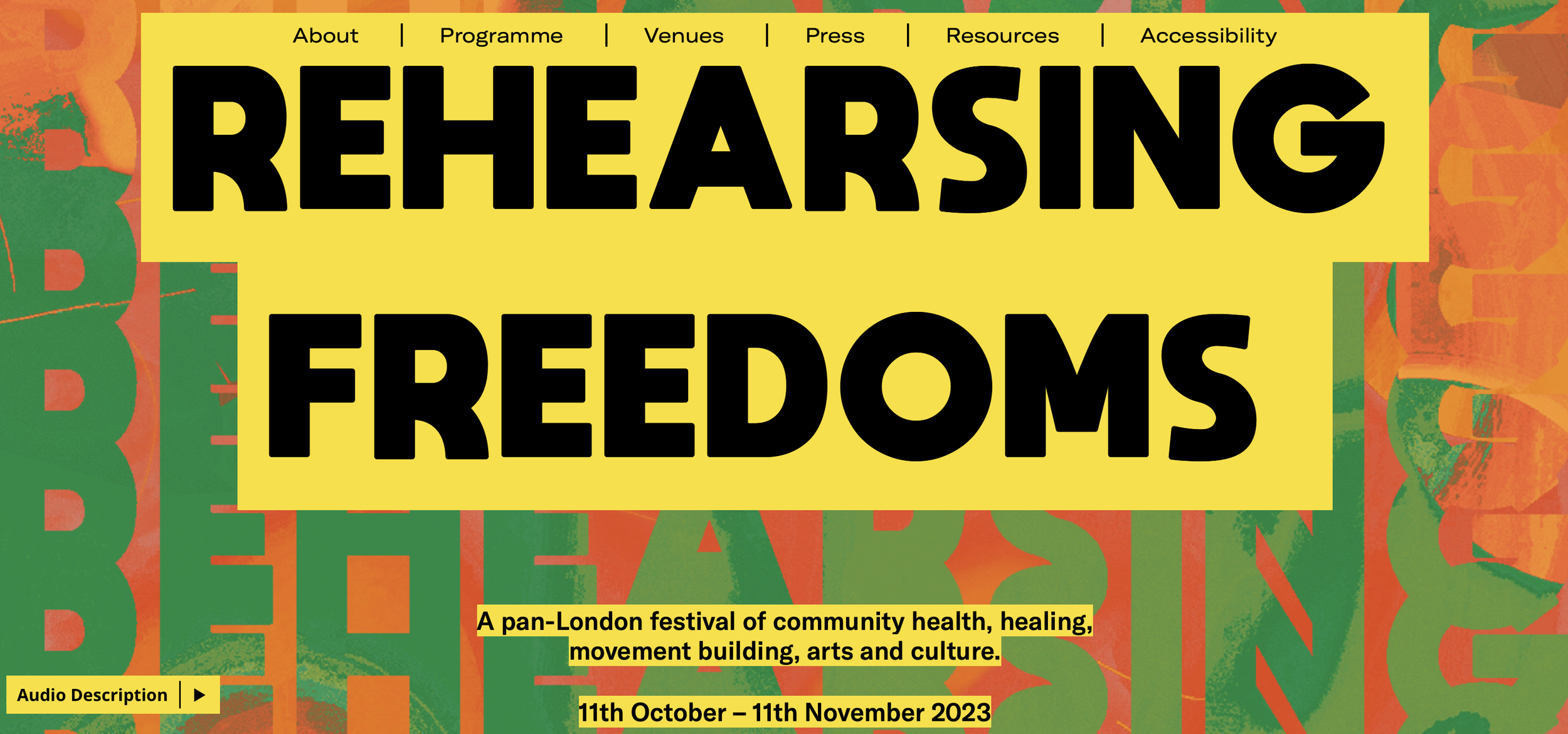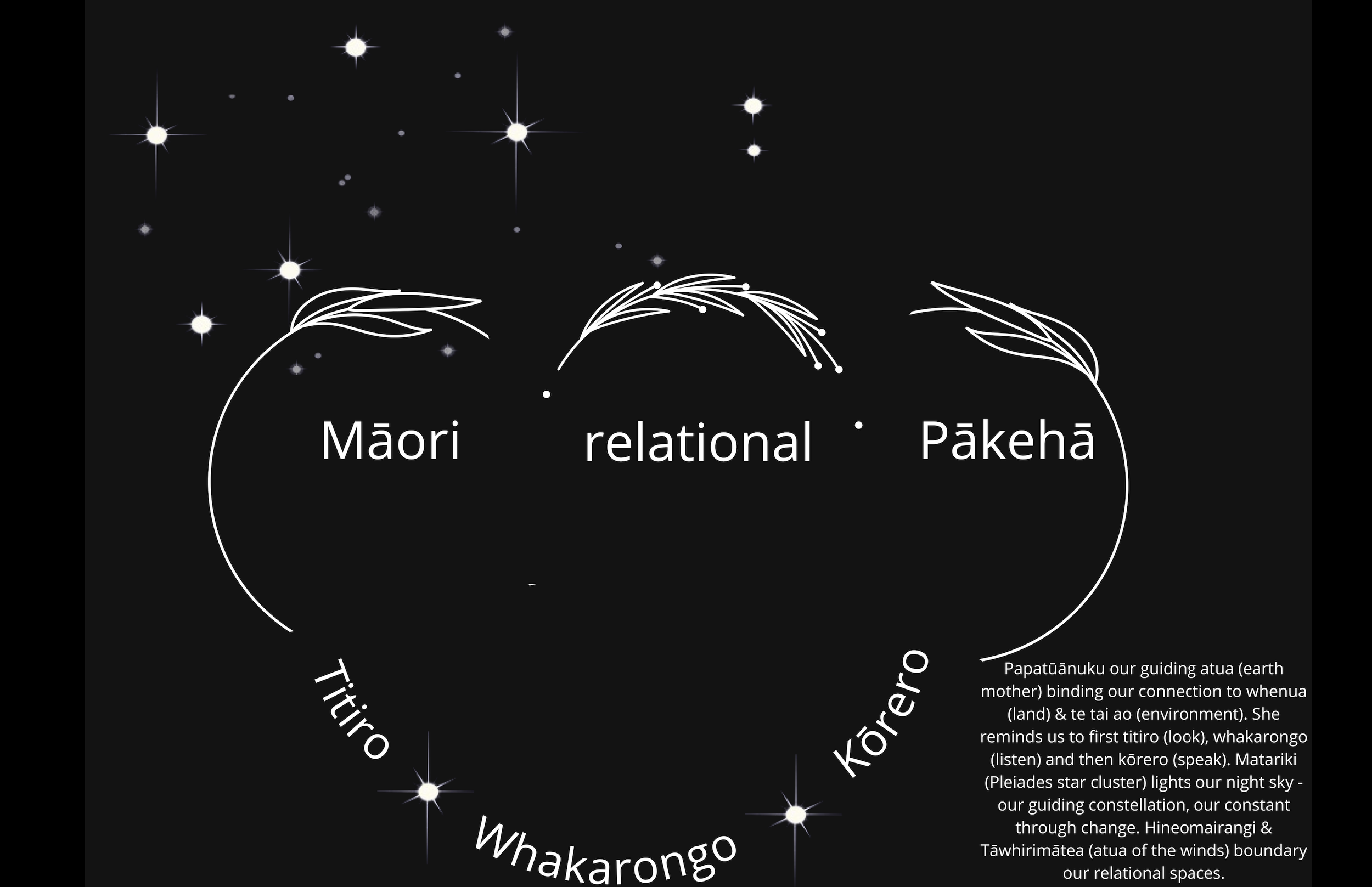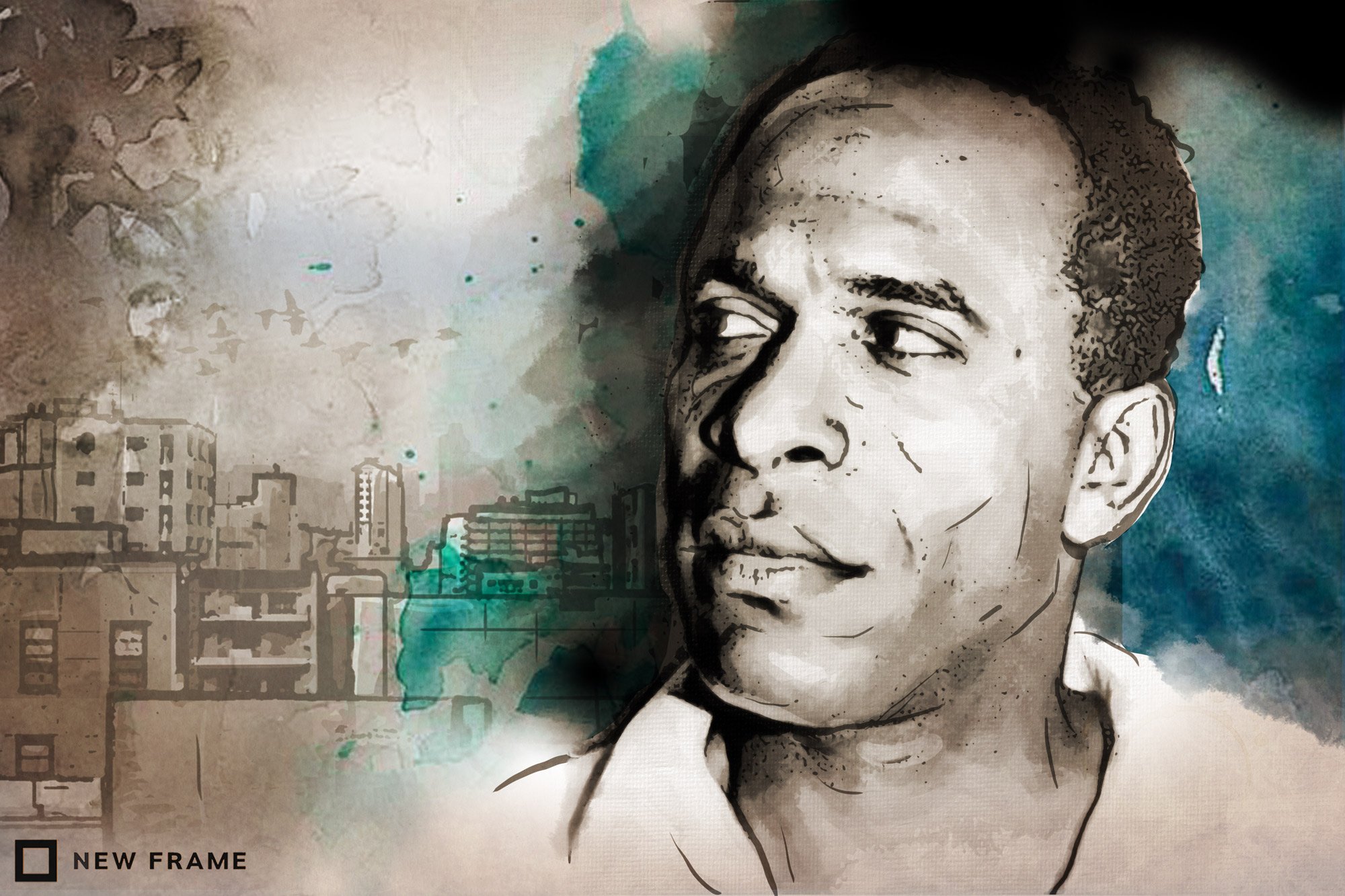
evaluations
We are drawn to the radical potential of evaluations.
In a world where funders tend to fetishise numbers and categories, evaluations are often exhausting and inaccurate. Ignoring what shimmers, they can violently force our interventions into a suffocating episteme.
And yet we seem to need them if we want our projects, organisations, and services to survive.
For us, evaluations trace the effects (not intentions) of our attempts to intervene on social injustices. They therefore have the potential to support evaluatees’ ongoing response/ability with regard to the broader social movements that their efforts are joining with.
By choosing methods and making recommendations that help evaluatees uproot the colonial conditions that create the need for their interventions in the first place, these evaluations perhaps even seek ultimately to abolish - not polish - the interventions under evaluation.
Our portfolio below describes where this approach has come from, and how we are currently applying it. While each evaluation is unique and emergent, we overall seek methods and recommendations that
understand evaluatees in their historical, social and political context,
consider non-human as well as human stakeholders,
prioritise the expertise of the marginalised,
value embodied and inspirited as much as rational knowledges,
beckon and host imagination,
are rhizomatic (non-hierarchical, non-linear, multi-modal),
strengthen evaluatee (and evaluator) reflexivity, and
contribute to social movements.





